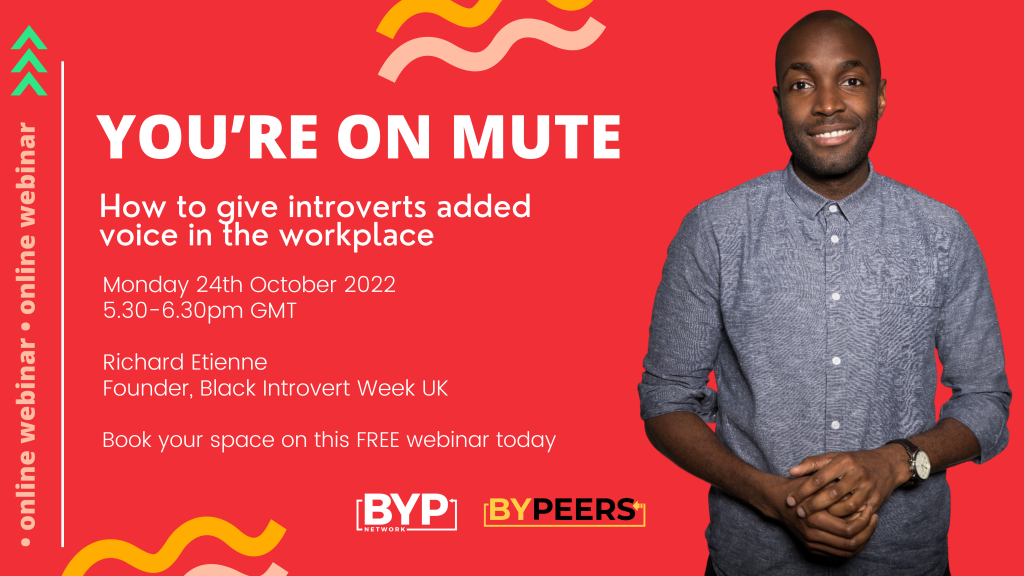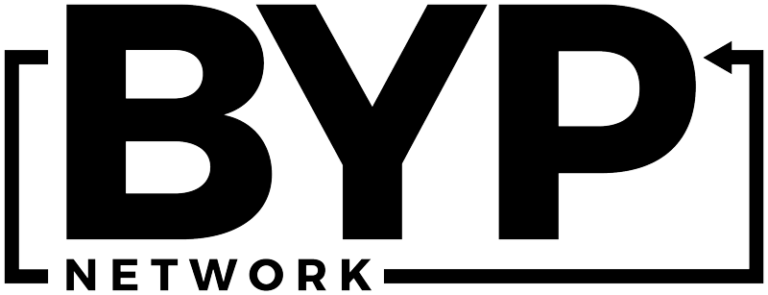Perhaps you’re not so eager to go to that party, answer the phone, or large crowds give you anxiety. You, my friend, might be an introvert. Of course, there’s nothing wrong with this. In fact, even outgoing personalities can actually also be introverts – as it is defined by whether your energy recharges more when you are alone or in-person.
Take for instance, British rapper and actress Little Simz. She was recently the first female in the world to do a triple-show run at Brixton Academy, but you may be surprised to find that she unashamedly recognises her own introverted qualities. Her latest hit studio album was titled ‘Sometimes I Might Be Introvert’ – highlighting the general and personal nuances of introversion.
The workplace can be an overstimulating environment. Introverts feel the sting of loud noises and unorganised infrastructures more than most. A great way to combat discomfort in work settings is to seek out mentorship and to have support from senior leaders who recognise your working style.
Personality styles can be a form of diversity
Richard Etienne is the creator of UK’s Black Introverts Week. It falls on the final week of Black History Month (24-28 October 2022) and seeks to give voice to one of the country’s most misunderstood communities. Etienne’s aim is to help us understand personality style as a diversity. Having mentors catering to your likes, dislikes, subcultures, and personality type is a fresh take on diversity and inclusion.
Some people will be able to “get it” and relate, and it is vital for employees to feel seen and heard. Introverts can also benefit from mentorship in ways where they learn to display all their hidden talents in competitive fields. Introverts are more analytical and less emotional, considering all outcomes before moving forward. They can be experts at work-life balance. They are also often less interested in lingering around the water cooler and more interested in completing their tasks at hand in a focussed manner.
There are many diverse personalities in the workplace; introverts, in particular, have untapped strengths they can contribute to their teams. BYP’s mentoring programme is an opportunity to expand your network with a supportive mentor who accepts and appreciates your authentic working style, allowing you the space to grow and develop at your own pace. It’s completely free to sign up and there are a range of different mentors available in a variety of industries.
If you’re interested in finding out your own personality type, you can take a free online Myers-Briggs test. It reveals that there can be different types of extroverts and introverts, e.g. the Mediator (INFP), Advocate (INFJ) and Architects (INTJ), are just 3 of the 16 classifications.
BYP spoke to Richard Etienne for some insight on what it’s like to be an introvert, and some of the intersectionality between introversion and race.

What are the benefits or challenges of being an introvert in the workplace?
Introverts and extroverts offer different strengths in the workplace. With their appreciation for research, deep thought and impactful relationship building, introverts are key in spotting potential pitfalls and maintaining stakeholder trust.
Challenges that exist for introverts include having insufficient time or space to think, being misunderstood as aloof or disengaged, and being undervalued due to not speaking up about accomplishments as extroverts do.
What tools can introverts tap into to help them navigate the workplace more successfully?
Be among the first to speak in meetings. The sooner you contribute, the less time you have to generate self-doubt. This also prevents the chance of someone else poaching your ideas (read: Feel the fear and do it anyway by Susan Jeffers).
Delete the word ‘just’ from your emails immediately. You don’t need to apologise for asking for what you need and doing so only implies you fear rejection.
Practice name calling. Remote video calls can be a hotbed of competitive peacocking where confident speakers can hog the mic without pause for breath. If you wish to raise a point and struggle to find a polite way to cut in, simply say the name of the person speaking (or thank the person who last spoke) to interject instead of saying “sorry” to introduce yourself. You’ll be amazed at its effectiveness.
Can you tell us a little about the intersectionality between introversion and race?
One in three Britons are introverts, yet research shows its extroverts at the front of the queue for pay rises and promotions. The implications for Black introverts – a minority within a minority – are clear. Black employees occupy just 1.5 percent of top management roles in the UK according to 2020 research, a figure that has increased just 0.1 percentage points since 2014.
For Black Introverts, the intersectionality between personality and race plays out when we don’t live up to Black stereotypes.
Black Introvert Week’s US founder, Jeri Bingham, reflects: “If we’re not wearing our hearts on our sleeves and aren’t living our lives out loud, colleagues are unable to read us, so they wonder if we’re engaged… if we like them, if we can be trusted”.
Black Introvert Week UK was launched to support teachers and employers to better understand how to recognise and nurture the talents of Black introverts, uncover new data and give voice to this most misunderstood community.
Find out more
Richard Etienne of Black Introvert Week will be hosting a free webinar with BYP Network:
‘You’re on Mute: How to Give Introverts Added Voice in the Workplace’
Mon 24th October 2022 | 5.30-6.30PM GMT

Book your place now
____________________________
Want to connect with a community to grow your skills and network? Why not also join a BY-Peers group?
Interested in receiving more D&I tips? Subscribe to our Buzz newsletter






